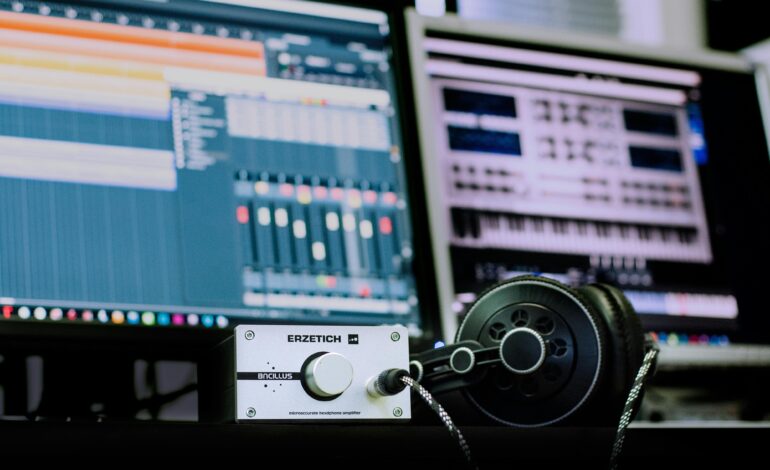5 Essential Steps to Launch Your Small Music Business
Starting a small business in the realm of music is an exciting venture. Whether you’re a sound engineer with a passion for entrepreneurship or an artist looking to make your mark in the industry, here are five essential steps to ensure a harmonious start to your small music business.
1. Starting Your Business and Getting Your EIN
Determine your business structure. Common business structures include sole proprietorship, partnership, limited liability company (LLC), and corporation. Your business structure will affect how you apply for an Employer Identification Number (EIN). Here is a step by step guide on how to attain your EIN and a list of the benefits of having one.
2. Defining Your Niche:
In the saturated music industry, identifying your niche is key to standing out. Determine what makes your business unique—whether it’s offering cutting-edge engineering techniques, specialized services for a specific genre, or a distinctive approach to artist collaboration. Utilize all of the features EngineEars has to offer to help you attract the right clients and collaborators.
3. Crafting a Solid Business Plan:
A well-thought-out business plan serves as your roadmap to success. Outline your business goals, target audience, revenue streams, and marketing strategies. For engineers, detail your technical expertise, equipment and previous works, while artists can focus on their musical style, brand identity, and past releases. A clear plan provides direction. Move with intention.
4. Building a Strong Online Presence and Networking:
In today’s digital age, having a robust online presence is non-negotiable. Showcase your services, portfolio, and testimonials on EngineEars. Utilize social media platforms to engage with your audience, share your work, and drive traffic to your profile to increase bookings.
Like in any business, networking is a cornerstone of success in the music business. Attend industry events, collaborate with local artists, and connect with fellow engineers via the EngineEars Community. Building relationships within the music community opens doors to opportunities, collaborations, and valuable insights. Interact with the EngineEars Community, attend workshops, and engage with fellow industry professionals via the EngineEars platform.
5. Investing in Your Craft:
Investing in your craft is essential. Your tools are an extension of your craft, and having cutting-edge technology, ideas, and/or processes can set you apart. You will need some start up capital to buy the basic needs to record, mix, or master if you haven’t already. Beyond the initial cost for the basic setup of your small business, set goals to obtain any upgrades to your business, whether that be new plugins or added equipment, build your arsenal. Anything that will help make your business better or more efficient, or that will help scale your business, needs to be a priority. You can also write these items off against your earnings come tax time. The investment pays off in the long run.
Launching a small music business requires a delicate balance of technical expertise and artistic flair. By defining your niche, creating a solid business plan, establishing a strong online presence, networking within the music community, and investing in your craft, you lay the foundation for a successful venture. Utilize all of the features EngineEars offers to help manage your small business and ensure success for your growing business.
